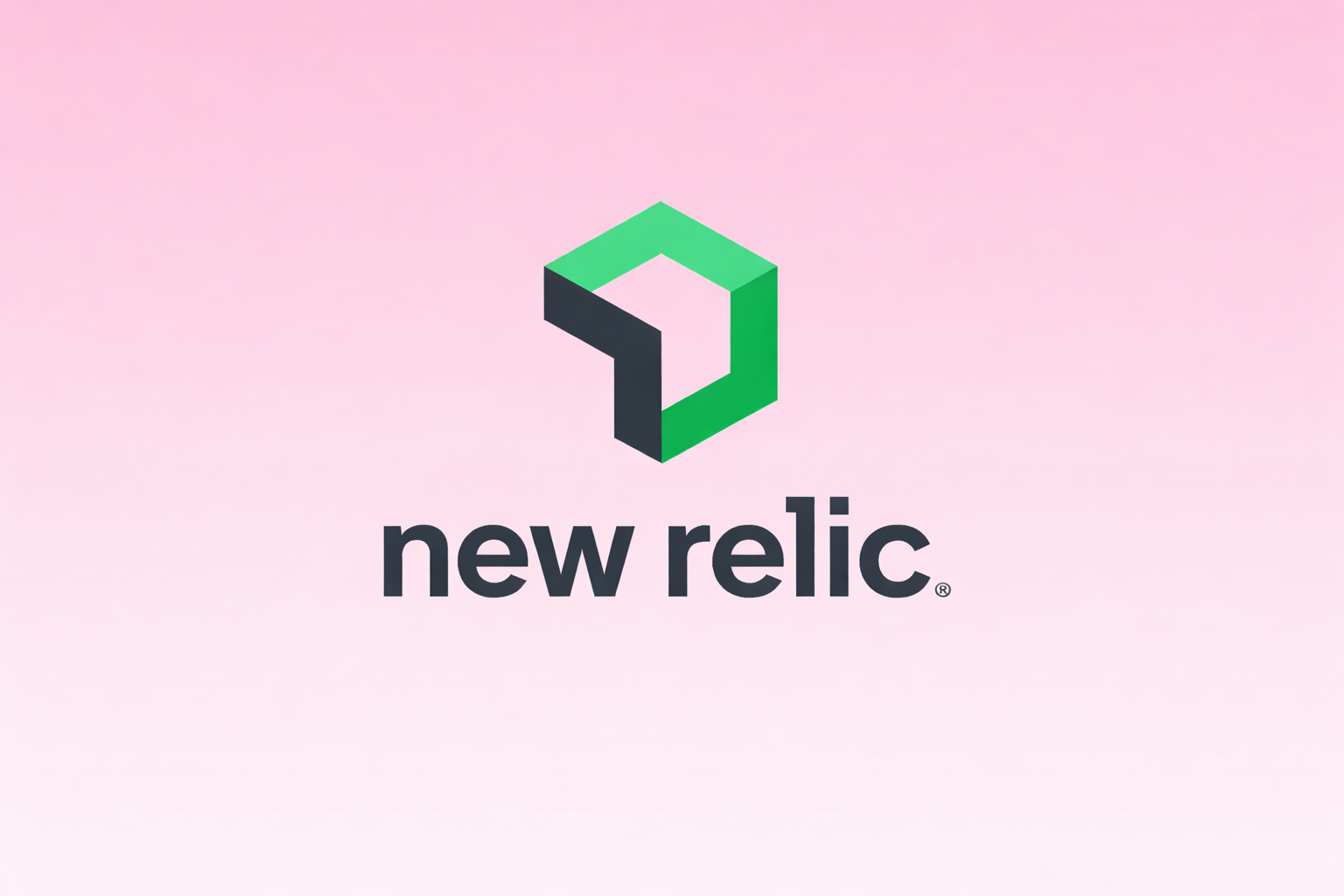
The rate of data proliferation in enterprise companies is staggering. It’s not difficult to see why. The number of applications, systems, and edge devices inside the typical business is growing exponentially. And the more endpoints in a technology architecture, the greater the accumulation of data.
That explains the growing importance of an enterprise data catalog. Without one, that data’s accessibility is at risk. Sure, it might be stored in a data lake or organized in a data warehouse. But without a data catalog, that data is likely sitting dormant and inaccessible to a vast majority of decision makers within the organization.
Collecting data is one thing. Storing it is another. Accessing it — and being able to access the right data when it’s needed — is something else entirely. With the sheer amount of data available to modern enterprises, it’s almost impossible to leverage it without a data catalog.
Forward-looking companies looking to scale need to make an enterprise data catalog a top priority. Here’s why.
Data Demands Order
It’s estimated that, on average, more than 60% of an organization’s data is unknown, dormant, or underutilized. While a company may have systems set up to collect and aggregate data, many lack processes for organizing and accessing it in useful ways. Data lakes and warehouses are a good start. An enterprise data catalog is the final step in mobilizing all those untapped insights.
A data catalog is exactly what it sounds like. It brings structure and visibility to organizational data. It’s impossible to be a data-driven business without knowing exactly what you have and having a framework in place to use that data. Catalogs represent the epitome of data readiness – providing the vital insights necessary for informed decision-making.
Accessibility Unlocks Efficiency
Companies investing in data lakes and data warehouses have already made a critical first step. It’s a commitment to breaking down silos so that operational data can be put to work more effectively. But while these systems store and orchestrate data, there isn’t an efficient way for most stakeholders to access that information. Often, data is unstructured, disorganized, or still requires cleaning. Manual processing takes time – too much time to make it useful.
A data catalog is the means to efficient insights. There’s tremendous time and effort saved in accessing a catalog for relevant, trustworthy, reliable data, as opposed to pulling raw data from a lake or warehouse – or directly from an endpoint. Stakeholders can find the data they need, in the proper context, allowing them to use it immediately. A data catalog enables organizations to take advantage of all of the information they possess and reduce decision-making time.
In simpler terms: make it easier for people to find and use data, and they will.
Mitigate Compliance Risks
Two words no company wants to hear: data breach. Security is paramount, especially for companies dealing with sensitive user data – credit cards, personal identifiable information (PII), medical information, etc. (And let’s be honest. That’s just about every company today.) Security and compliance starts with having a clear handle on your data.
An enterprise data catalog creates an inherent data mindfulness. When moving data from a lake or warehouse into the catalog, system architects need to protect the migration of that mobilized data. This can mean using a secure integration platform as a service (iPaaS) protocol, properly encrypting data, and monitoring the endpoints for accessibility. From a cybersecurity standpoint, the reason a data catalog is so beneficial is because it serves as a single point of control. That creates greater governance and visibility into who is accessing what data.
The beauty of a catalog is that it marries these stringent data controls with broad accessibility. It’s not subject to the same vulnerabilities as a data lake or unstructured, warehoused data. People can access data, but not manipulate it. That’s a positive step toward enabling a data-first philosophy without opening the doors to misuse.
Tap Into an Abundance of Insights
On top of all these important reasons to embrace a data catalog comes the single most beneficial reason to make it a priority: opportunity. If the purpose of collecting, organizing, and integrating organizational data is to use it for empowered decision-making, an enterprise data catalog makes that happen. It’s the final step in making your data actionable throughout the business.
Marketing can see the tendencies of current customers to inform better advertising campaigns. Engineering can aggregate data to better understand new product opportunities. Management can look at cross-departmental benchmarks to identify organization inefficiencies.
Different roles and departments have different needs. But no matter who is accessing the data or for what purpose, what matters is having access to insights that are meaningful and trusted. Instead of manually compiling or sourcing a limited amount of data, stakeholders can draw what they require from the data catalog with confidence.
The result is better decision-making capabilities and more opportunities to put broad data to work for the company.
Data-first Enterprises Need a Data Catalog
There’s too much data for companies to leverage without a data catalog. Fortunately, building a dynamic data catalog is easier and more reliable than ever before thanks to data mobilization technologies, including the Boomi Enterprise Platform with Boomi Data Catalog and Preparation.
Data flows freely between lakes and warehouses and into a catalog. That kind of data readiness gives organizations the speed, flexibility, and resilience to quickly adapt to changing market conditions by making data-informed decisions. Also, with a better understanding of customer behavior based on data, companies can craft the kind of engaging integrated experiences that people expect today in our one-click world.
As data becomes more abundant and increasingly important as a tool for governance, data catalogs are a priority for enterprises. They’re the engine that enables powerful decision-making.
Visit the Boomi Data Catalog and Preparation webpage to learn more about how Boomi can help you catalog your data.


 English
English Deutsch
Deutsch Français
Français Italiano
Italiano 日本語
日本語

